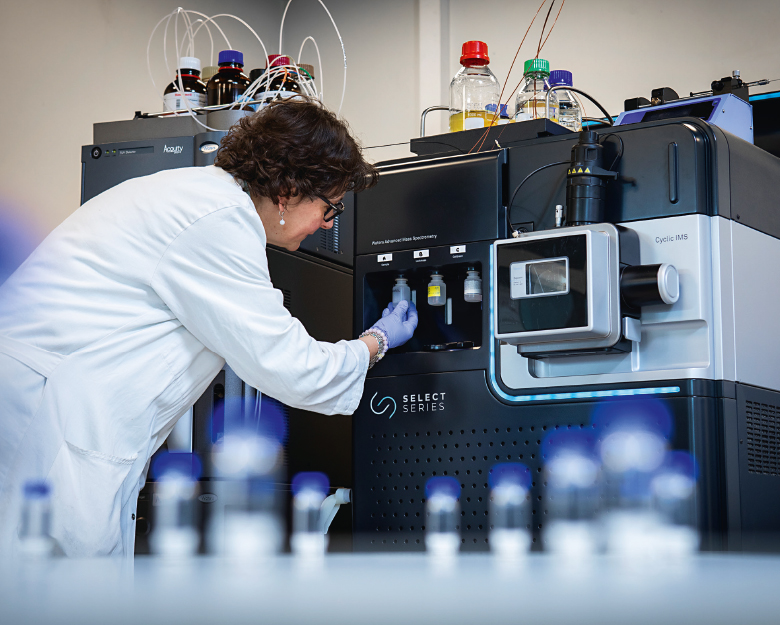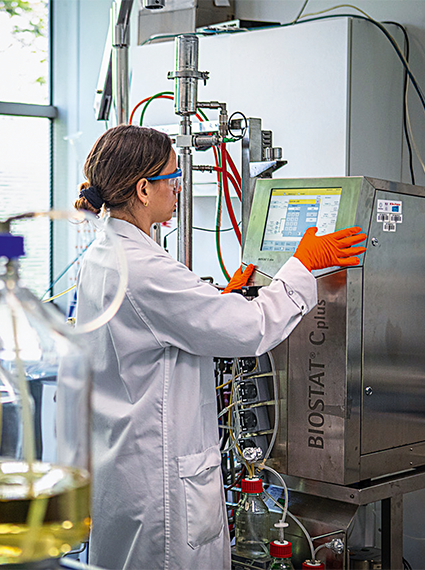
Genopole
platforms and infrastructures

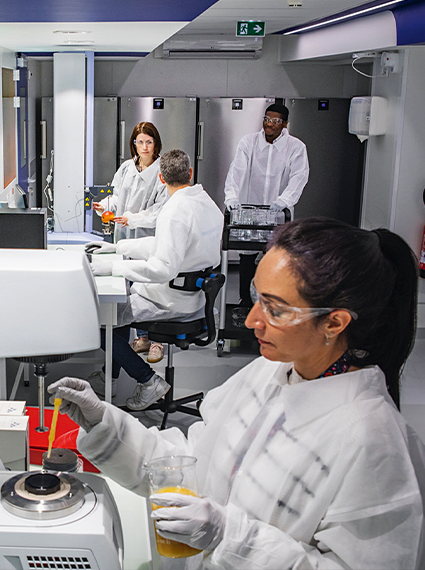
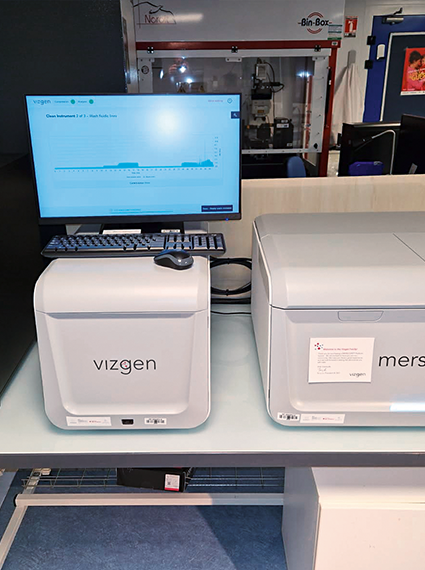
Genopole
and research laboratories
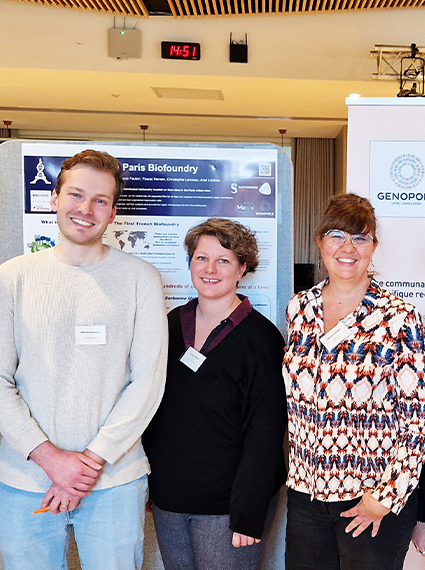
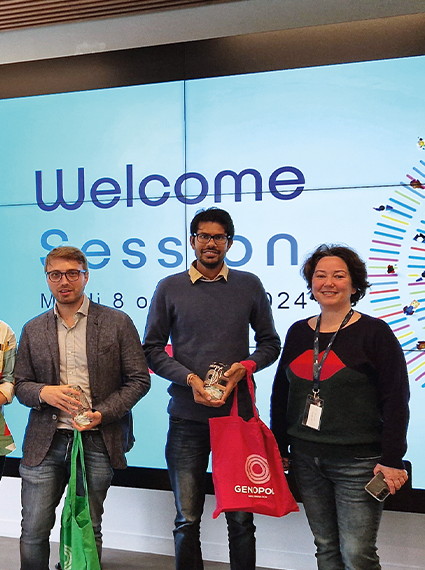
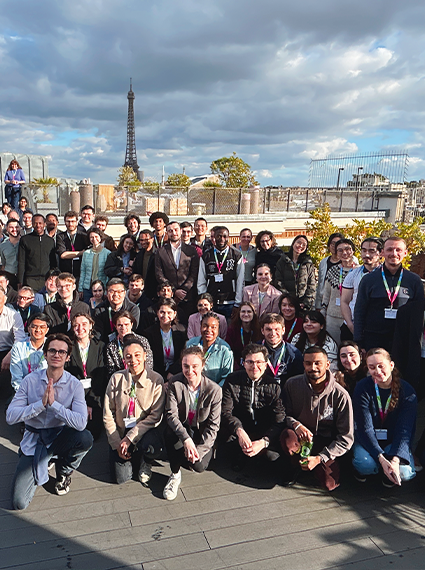

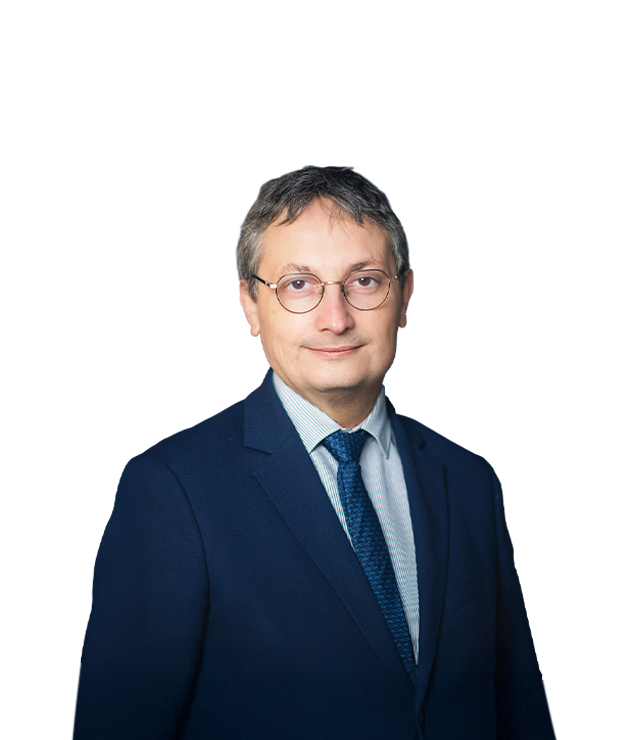
Vincent Bouhier

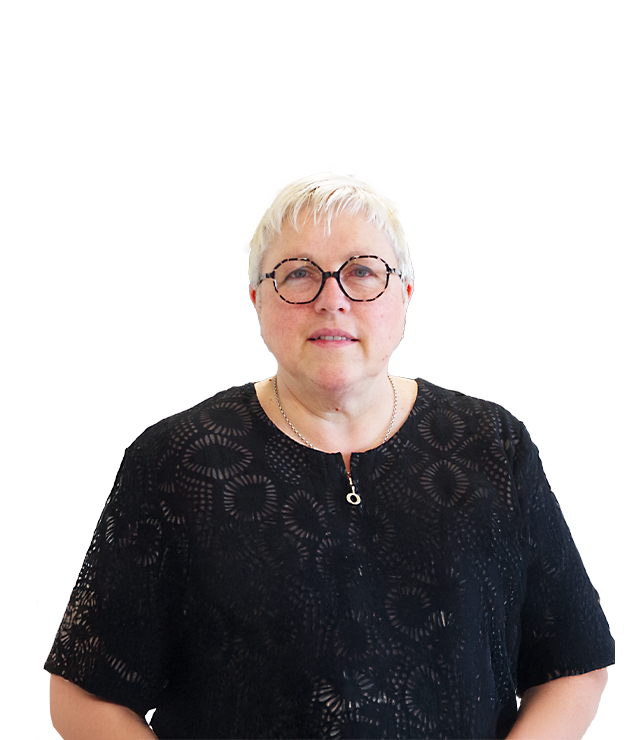
Anne Galy

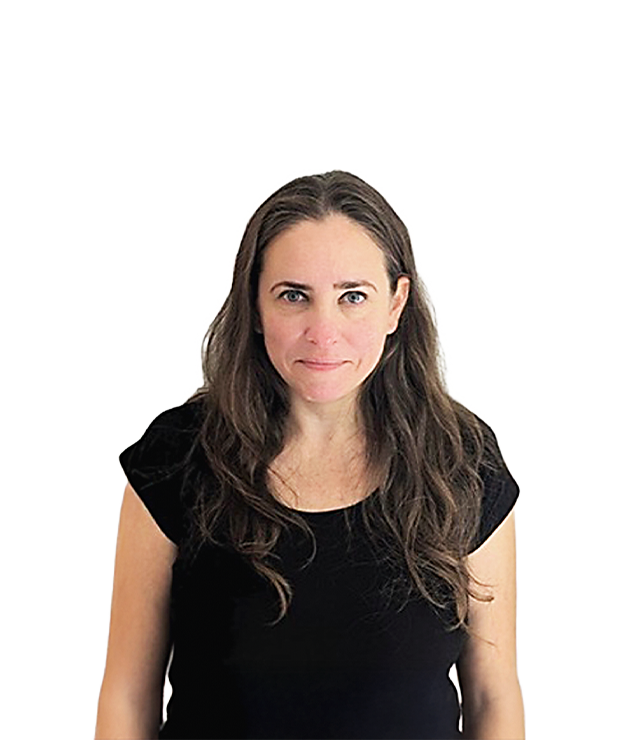
Ioana Popescu

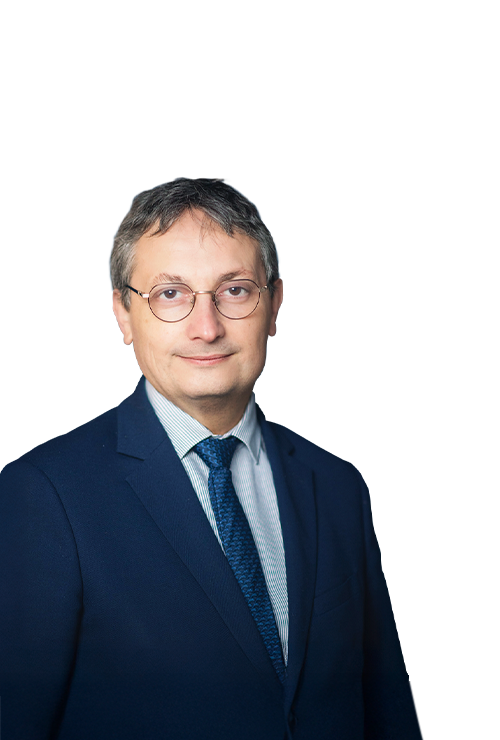
Vincent Bouhier
What is the relationship between the University of Évry-Paris Saclay and Genopole?
Vincent Bouhier: The university is a founding member of Genopole: a federating actor and a catalyst for shared actions in research and training. We've created institutional and indefectible ties, notably with respective seats on our administrative boards. Concerning research, we are founding members of GenoTher, the gene therapy biocluster in Évry-Courcouronnes. For years now, the University of Évry-Paris Saclay has teamed with Genopole to develop highly needed training programs in genomics research. Similarly, in the Essonne department and particularly in Évry, we accompany public policy for spin-off creation from both research laboratories and young companies.
And what about laboratories and technological platforms?
V. B.: Genopole and the university have mutually nourished one another over the past twenty years, so much so that today the activities of nine of our labs are directly tied to genomics (gene therapies, genome data management, etc.) and the biofoundry as well. Our close relationship has engendered an entire ecosystem involving not only the South Île-de-France Medical Center (CHSF) but also Inserm and Genethon.
As concerns innovation, notably, we've invited Christophe Lanneau, director of research & platforms at Genopole, to join our delegation for the visit to our partners at MIT (Boston, USA), so that we can study opportunities for partnerships and strengthen our actions in favor of innovation and incubation. We're also involved in the Atige and ApogeeBio programs as well as in iGEM and the D4Gen Hackathon.
Our research teams are also active in the research platforms, particularly the DNA and Cell Bank at Genethon, our lab Lambe (Analysis, Modeling and Materials for Biology and the Environment) for imaging and mass spectrometry studies, or IBISC for its bioinformatics tools.
Genopole and the University of Évry-Paris Saclay have mutually nourished one another over the past twenty years.
What joint events do you organize?
V. B.: The Science Festival is particularly close to our hearts because it attracts young women towards experimental and exact science programs. We co-organize conferences, such as conferences on Health and AI, as part of the Évry Sénart Sciences and Innovation organization, which brings together higher education and research stakeholders from the Greater Paris South region, and the Innovative and combinatorial Therapies Congress with Genopole. It is important to make the connection so that research and patents go out of the laboratories.
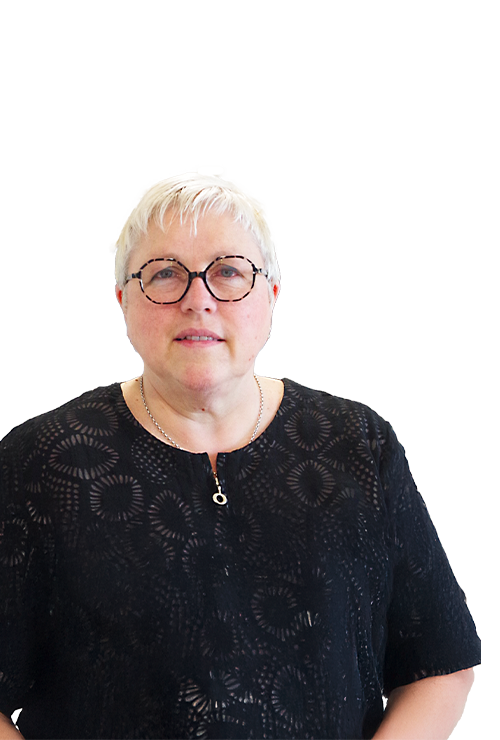
Anne Galy
ART-TG has been at Genopole since 2020. What is its mission?
Anne Galy: ART-TG is an Inserm laboratory dedicated to gene therapies. Its missions are to carry out research for innovative immunotherapies (cancer, infectious diseases, fibrosis) or gene therapy treatments (immunodeficiency, sickle-cell anemia) and to accompany technology transfer with the objective of advancing gene therapy products to the clinical trial stage. Achieving those missions involves combining basic research, pharmaceutical expertise and industrial processes proficiencies, particularly for the production of viral vectors, such as lentiviral vectors used in cell and gene therapies.
We're an Inserm technology research accelerator, an entity aimed at structuring state of the art technological competencies to support field-leading biomedical research and the development of novel therapies. Our activities include partnerships with academic and private actors, notably for the production and quality control of vectors or modified cells.
ART-TG is an Inserm laboratory dedicated to gene therapies.
What large steps has ART-TG taken recently in its development?
A. G.: ART-TG is accredited within the France 2030 program as an integrator for biotherapies and biomanufacturing. That label recognizes our role in national efforts to strengthen France's sovereignty for the production of innovative therapeutics. At the end of 2024, we also received ISO 9001 certification for our lentiviral vector activities. This further increases our credibility, particularly for clinical trials. And finally, starting in September 2025 and in partnership with two other Inserm units and the Institut Imagine, we will host the GenoTher biocluster's coming Genomics and Genome Editing Quality Control platform for safety analyses of genome-edition-derived products.
What is ART-TG's relationship with Genopole today?
A. G.: Genopole offers a structuring framework for our activity. The biocluster hosts us within the Cytopolis building and provides us with a fertile environment for the development of cutting-edge projects.
We have also benefited from Genopole's support programs with the Atige grant to bring a researcher on-board, and more largely the biocluster's stimulating ecosystem, with its other labs and businesses and integration within the Paris-Saclay University's excellence campus.
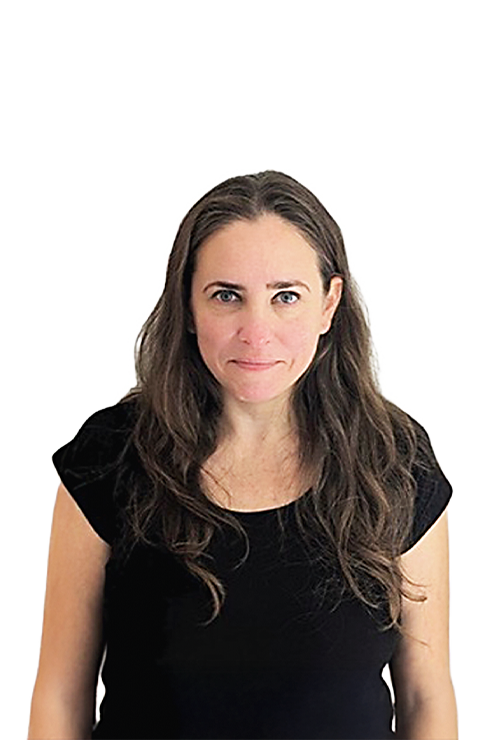
Ioana Popescu
What motivates you to participate in competitions and how has doing so influenced your pathway?
Ioana Popescu: For me, these competitions represent a unique opportunity to test new ideas in a stimulating setting and surrounded by people sharing a same passion. They get me out of my comfort zone, allowing me to experiment innovative solutions and work with teams on concrete projects that, although academic at the time, have the potential for real impacts. The iGEM competition offers me an opportunity not only to develop technical competencies but also to explore larger aspects, such as scientific communication or biotechnology ethics.
The D4Gen Hackathon organized by Genopole let us start the computational work and use artificial intelligence within the setting of the PHAGEVO project. At D4Gen, we met highly motivated students whose passion for the sciences led them to join the Genopole–University of Évry-Paris Saclay 2024 iGEM team. These experiences strengthened my conviction that innovation and collaboration are essential for advancing synthetic biology.
What major breakthroughs are you seeing emerging in biotechnologies and how does your research fit in?
I. P.: I think the major advances to come in biotechnology will be in the settings of sustainable biomanufacturing, precision genome editing and the use of AI technologies to optimize R&D processes. Personally, I am particularly interested in green biomanufacturing and the deployment of more sustainable solutions for reducing the environmental impact of the chemical and pharmaceutical industries. My current work is focused on the development of novel microorganism strains able to produce biological compounds of interest efficaciously and with a lower carbon footprint.
Produce compounds of interest more efficaciously.
What advice do you have for young researchers aiming to participate in biomanufacturing and scientific competitions?
I. P.: I'd tell them to not hesitate to jump in, even if at first they don't feel they have all the competencies and knowledge necessary. Competitions like iGEM or hackathons are great environments for learning, for exchanging ideas and for developing partnerships with experts in the field. It is important to remain curious and to not fear asking questions or requesting mentoring. Also, I would encourage them to create solid networks by participating in events and interacting with professionals in the sector. These encounters are often sources of inspiration and catalysts for partnerships and career opportunities.


